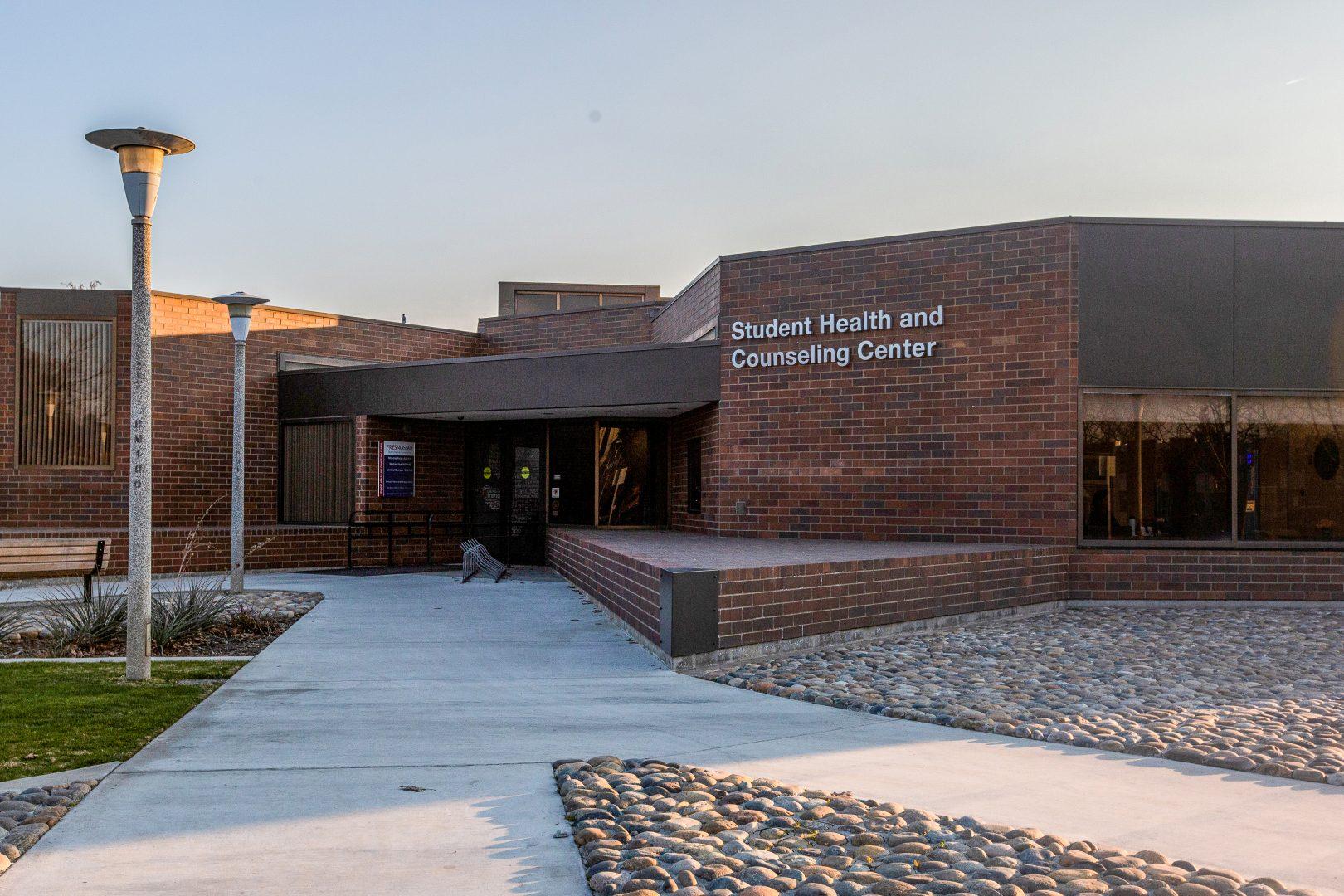After two years of a worldwide pandemic, many students have lost a loved one or have experienced another loss that has created symptoms of grief.
My father passed away two months before my first semester at Fresno State, and on my first day of class I found myself in my first days of grief.
Unsure of how to navigate the loss of a parent while being a full-time student, I found myself searching for whatever resources were available to help me.
According to a recent article published by the Omega Journal of Death and Dying, recent research has found that college students experienced an average of six different losses during the pandemic.
Despite students experiencing these losses and general mental health services being on the rise, the stigma of seeking help with a therapist has yet to be dismantled.
It’s unfortunate that for decades mental health has been ignored, frowned upon and not taken as seriously as other important areas of health, especially among minorities.
The Omega Journal of Death and Dying study also shared that while 71% of college students in the study said talking about their losses helped them feel better, fewer than a third shared those losses with a professor or counselor. To me this indicates a potential opportunity for higher education faculty to get the conversation started and help students heal.
In my search for resources, which was often unclear and overwhelming, I managed to find one section in the Student Affairs section of Fresno State’s website that listed off-campus resources for grief and loss.
Hinds Hospice Center for Grief and Healing, St. Agnes Medical Center and the adult six-session support group Life After Loss were listed with phone numbers and addresses. However, this short list of numbers seemed like very little help for such a massive pandemic with major losses.
These losses don’t just include the death of a loved one, but also the loss of a job, loss of connection, the loss of educational experiences, the loss of financial stability and the loss of rituals and ceremonies.
I couldn’t help but think about how many emails I had received regarding vaccinations and new mandates, emphasizing the positive impact these actions would have on protecting our health and others.
While these resources are crucial, I am troubled by the lack of recognition of another very big piece of the puzzle: mental health.
Because no matter how many vaccinations we have, they will never protect us from the pain of a loss or losses.
Another observation throughout my college experience is the lack of promotion for mental health services and the whereabouts of these services.
Oftentimes our college emphases areas of profit such as sports services, food services and where to purchase your school’s latest merch, leaving a sliver of value to the student’s genuine well-being.
In March of 2021, President Saúl Jiménez-Sandoval announced the launch of the AlegrÃa Mental Health Task Force with two set goals.
“The first primary goal would be to begin to chip away and destigmatize the negative association people usually have with mental health, or with requesting mental health [help] or going to gather mental health resources, or just going to a mental health specialist,” Sandoval told The Collegian in a previous interview.
With the AlegrÃa Mental Health Task Force now coming up on its one-year anniversary, will the organization be part of the solution to bring awareness of the resources available for students coping with loss, and further increase the awareness of mental health issues on our college campus?
Sarah Dessen, author of beloved young adult novels such as “Someone Like You” and “That Summer,” once wrote “Grieving doesn’t make you imperfect. It makes you human.”
Regardless of the types of losses you have faced and will continue to face, remember that grief is normal and seeking help to process and deal with grief isn’t just normal — it’s healthy.
Finding resources to recover from these losses may be difficult, but there is always hope for a better tomorrow.




